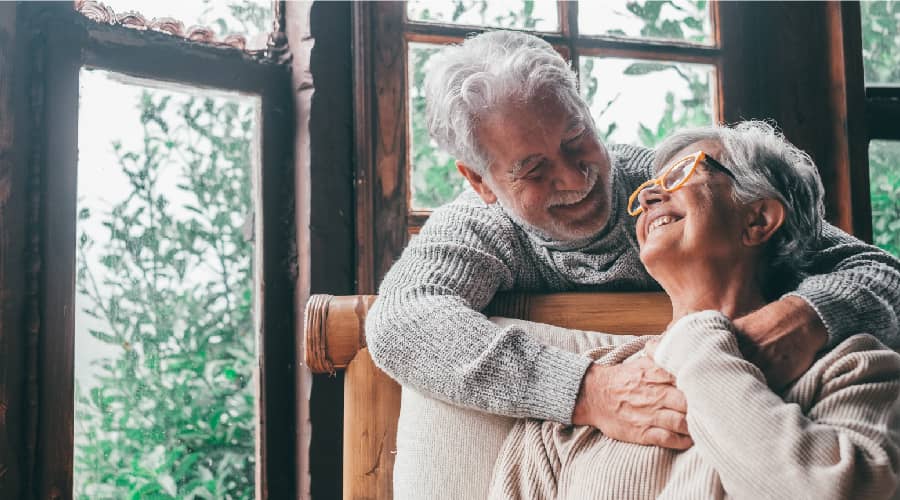
Donating your body to science allows medical professionals to advance their research and education. Your gift helps doctors, scientists, and medical students by providing an essential resource for studying anatomy, developing new medical procedures, and training the next generation of medical professionals.
Because of your altruism, researchers can uncover new treatments and procedures to save lives.
What is whole body donation, and how does it work? We have the information you need to make an informed decision and to sign up a loved one or yourself to become a donor.
What Is Whole-Body Donation?
As an alternative to cremation or traditional burial, many families choose whole-body donations in Arizona to make an important contribution to medical research, education, and training. Even when mourning the loss of a loved one, families can take some comfort in knowing that they are helping others.
Working with an accredited, nonprofit organization like United Tissue Network (UTN) ensures that your loved one’s remains are treated with the greatest respect and dignity. UTN arranges for the transportation of the deceased, ensuring the donation is sent to a qualified facility and the cremation of the body after the research is completed.
Why Whole-Body Donation Is Important
The selfless act of whole-body donation provides significant benefits to the medical community.
Advancing Medical Knowledge
Whole-body donation to science in Arizona contributes to the expansion of medical knowledge, providing an invaluable tool to allow researchers, doctors, and medical students to study human anatomy. For example, whole body donation can aid in:
- Enabling surgeons to practice and develop new surgical procedures
- Studying the progression of diseases and its effects
- Helping doctors practice emerging techniques such as robotic surgery
- Testing new types of drug therapies and treatments
Training Medical Students
Medical students benefit from whole-body donations, gaining hands-on experience as they learn. Textbooks, lectures, and model learning help prepare students to become medical professionals, but there is no substitute yet for working with the human body. Working with donors, students learn various techniques, such as:
- Distinguishing between normal and abnormal pathologies
- Strengthening examination and medical investigation skills
- Understanding the impact of diseases
- Practicing surgical and treatment techniques.
Benefits of Whole-Body Donation to Science in Arizona for Families
While everyone must decide whether to participate in a whole-body donation program, many families say they feel a sense of closure and peace of mind knowing their loved one’s remains will contribute to the greater good.
At the same time, there are some significant cost savings compared to traditional funeral arrangements. For example, United Tissue Network (UTN), a nonprofit operating in Arizona, pays for the transportation of the body, cremation, and return of the remains to family members. UTN will also provide family members with two copies of the death certificate at no charge.
For families that do not have the money available, this provides a way to ease their financial burden. Whole-body donation can eliminate the cost of caskets, embalming, cemetery plots, gravestones, and funeral services. For others, reducing costs enables families to use funds for memorials or memorial services.
How to Make a Whole-Body Donation to Science in Arizona
United Tissue Network makes the donation process easy for you and your loved ones. You can register in three ways:
- Self-registration allows you to sign yourself up to become a donor upon death. Individuals pledge their bodies for the advancement of science.
- End-of-life registration enables family members to sign up on behalf of their loved one when they are at the end-of-life stage for pre-approval.
- At the time of passing, family members can also register their loved one for whole-body donation.
UTN accepts most body donations, including those who are upper age or suffering from cancer or dementia. UTN cannot accept individuals with infectious diseases such as HIV or hepatitis. Before bodies are made available to medical professionals, they are tested to ensure the safety of the research and medical participants.
Signing up to donate a body to science is free, and UTN does not profit from your donation. You can become an organ donor and a whole-body donor, allowing even more people to benefit.
You can talk to the Donor Service Coordinators at 877-738-6111 or learn more about whole-body donation in Arizona.
